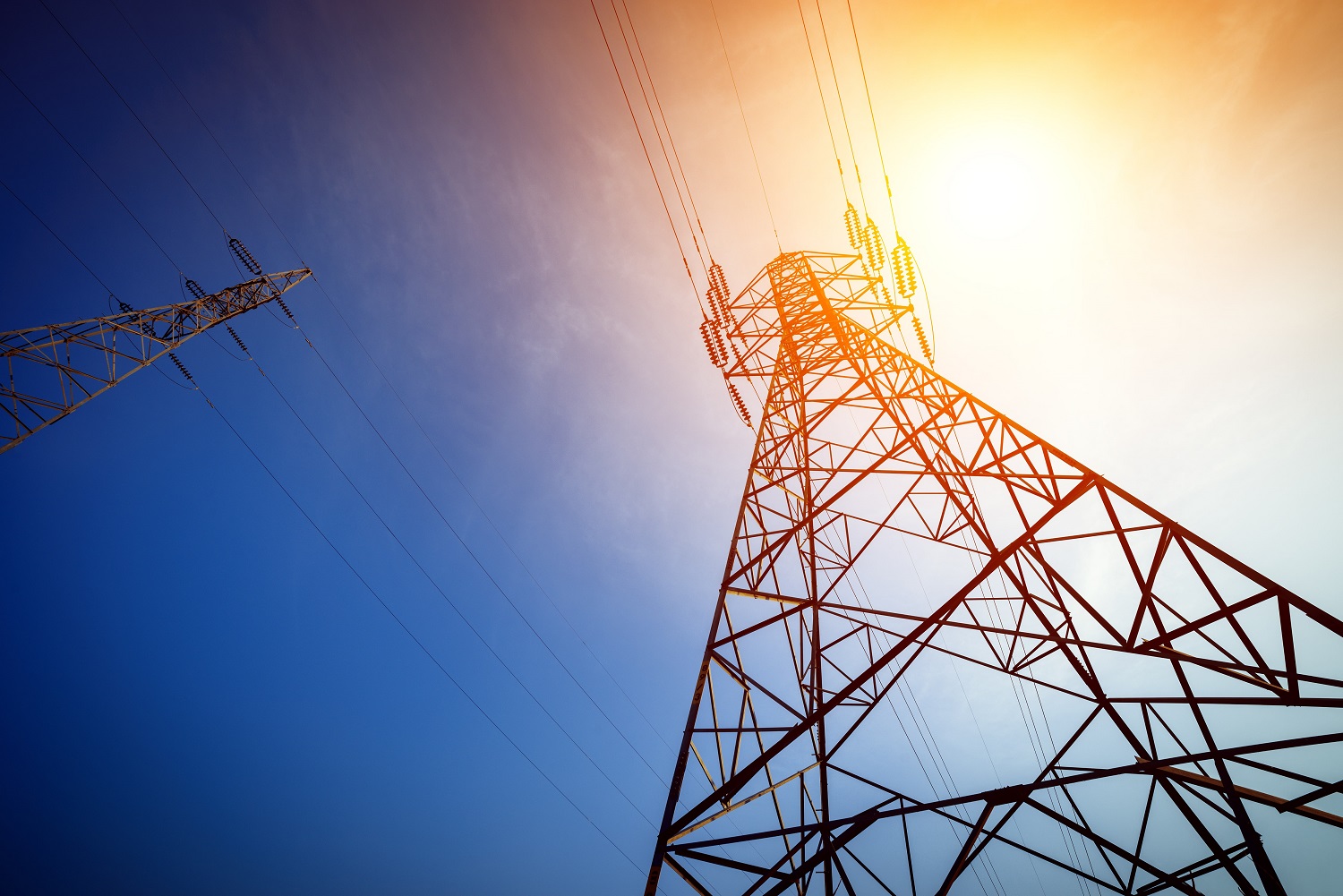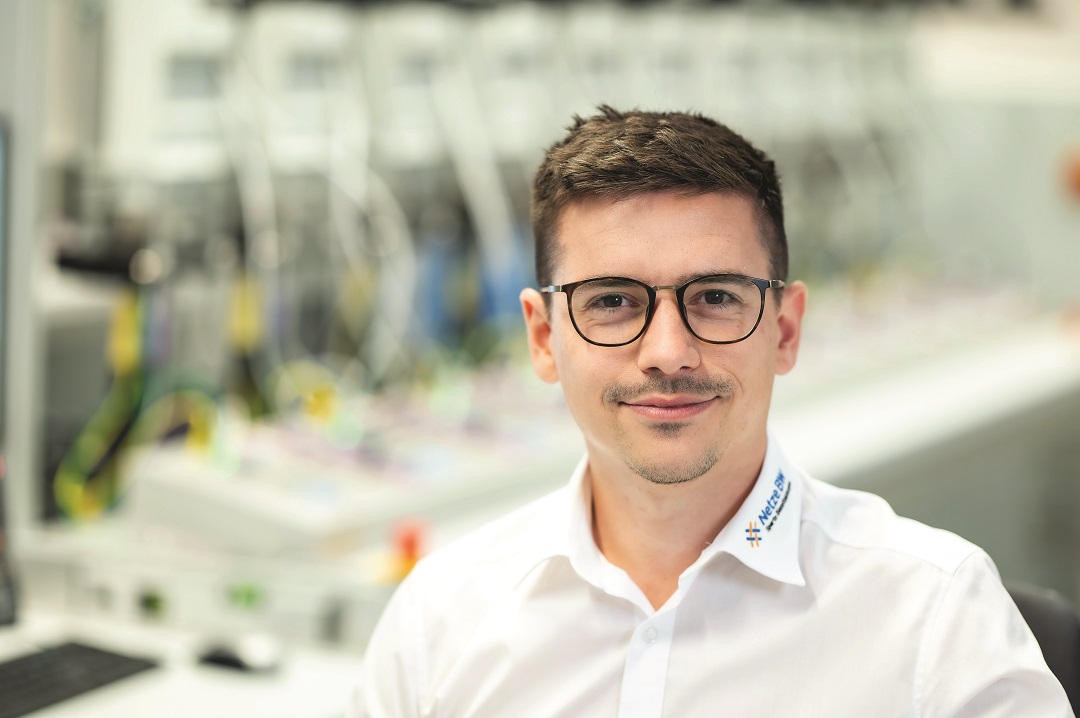Energy solutions

Iskraemeco Group
Savska loka 4,
4000 Kranj, Slovenia
Telephone: +(386) 4 206 4000
Email: info@iskraemeco.com
Iskraemeco has had a strong presence in Germany for a long time. We always had a deep awareness of the business environment and the needs of our German customers. More than 15 million of our meters have already been installed in German households.
Our customers play an important part in our successful performance in the market and we are proud to have such great collaboration with a customer with whom we can put ideas into action and together achieve business growth. We conducted an interview with Johannes Klumpp, TITLE at ENBW, one of our key customers in the German market.

When and how did your collaboration with Iskraemeco begin?
Iskraemeco and EnBW have collaborated on several projects over the course of several decades. My first experience working with the company was during an audit that was carried out in the middle of the year 2022. In Kranj, Slovenia, we were given an in-depth look at the manufacturing process by touring the facility, which included the production halls.
Why did you decide to collaborate with Iskraemeco? What were the gains, synergies, and possibly shared beliefs or values?
I believe that the values of EnBW and iskraemeco are close to each other. Iskraemeco is active in the VDE FNN committees and associations, is able to react flexibly to requirements and changes, has its main location in Europe and attaches great importance to sustainability and environmental responsibility.
What impact and transformation do smart products, solutions, and new technology have on your business?
We want complete grid transparency and that can only be achieved through implementation of smart meters. Our goal is to have a full roll-out of smart meters, which would lay the foundation for the platform of tomorrow.
Where do you see the most potential of growth?
ENBW sees great potential in the platform concept of smart meters. The integration of smart meters and other emerging technologies, such as those for smart homes, smart living, smart health, and other areas, are potential opportunities for growth. The German market is unique in comparison to the rest of Europe.
Why do you think the differences exist?
In Germany, we have legal regulations with a very high safety standard, which also have an influence on the device technology. Compared to other European countries, Germany focuses on a secure roll out. Customer data and data protection is our top priority.
How do you see the German market developing in the future? Which way will it turn?
An exciting question. Current world events are accelerating the energy transition in Germany. The transition away from fossil fuels and towards renewable energy sources is being accelerated. For this reason, we also need smart meters for a digital grid infrastructure more quickly. In addition, we are following the amendment of the Metering Point Operation Act in Germany. The industry is hoping for an acceleration of the smart meter roll-out. Smart metering systems, play a significant role in Germany’s shift to green energy. The new official rollout and installation began few years ago.
Where are we now? What are the challenges?
Until now, we have installed more than 600,000 modern metering devices and more than 20,000 smart metering systems. So currently, we are in the middle of the roll-out. One of the biggest challenges is the legal requirements, such as the secure supply chain and the economic pressure due to the price caps. The purpose of smart meters is not just to help manage the electricity grid; they also add value for consumers.
What are the benefits in your opinion?
The cost of energy is expected to continue growing, which will result in an increase in the number of individuals paying attention to electricity consumption. By using a smart metering system, we have the following advantages: variable consumption tariffs, multi-utility capability, consumption information via app and access to value-added services.
How important is sustainability awareness and green transition for your company and country?
Sustainability is one of our main goals. We have set ourselves the goal of being a climate-neutral distribution grid operator by 2030. Because of this, we also pay special attention to self-consumption, quality and
the long-term stability of the devices, that we can keep them in operation as long as possible.

We use cookies to provide you with the best user experience and to improve the quality of our site. You can learn more about the cookies used and individual management by clicking on Cookie settings.
Your privacy is very important to us. You can choose the use of cookies as described below. Your preferences can be modified at any time.
